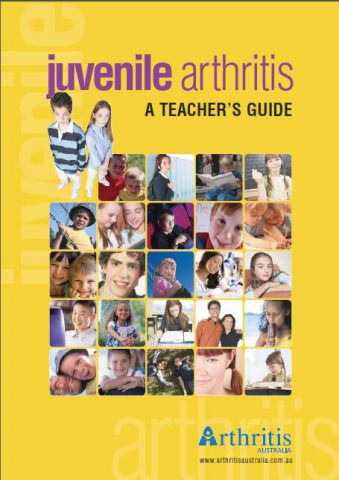At least one child in 1000 in Australia has juvenile arthritis.
School and sporting activities, and partying and playing are not much fun when mobility is compromised and painful flare-ups take so much enjoyment away.
 Everyday tasks such as tying shoelaces, climbing stairs, writing, learning a musical instrument, turning on a tap, carrying school books and even sitting at a desk can prove extremely difficult, if not impossible, for children with JIA.
Everyday tasks such as tying shoelaces, climbing stairs, writing, learning a musical instrument, turning on a tap, carrying school books and even sitting at a desk can prove extremely difficult, if not impossible, for children with JIA.
Chronic pain can mean homework is not done on time. Lateness may be unavoidable as stiffness and pain are worse in the morning. Absences from school are common due to flare-ups, visits to health practitioners, hospital stays and symptoms such as fatigue (tiredness).
Pain associated with JIA as well as the inability on some days to join sports or social activities can lead to isolation, depression and a loss of self-esteem.
Teachers and schools can play a major role in helping children and adolescents with arthritis to manage their condition and get the most out of their lives. Ensuring the student with arthritis is included, and feels included, in school activities is one of the best ways to overcome feelings of not belonging. This in turn can boost confidence and feelings of self-worth.
Like all kids, children with JIA don’t like being singled out or thought of as different. With a discreet helping hand and a bit of creative thinking their path can be made easier so they too get the most from everything school has to offer.
See Juvenile Arthritis – a teachers guide for practical tips on how to support children with JIA throughout their school years.